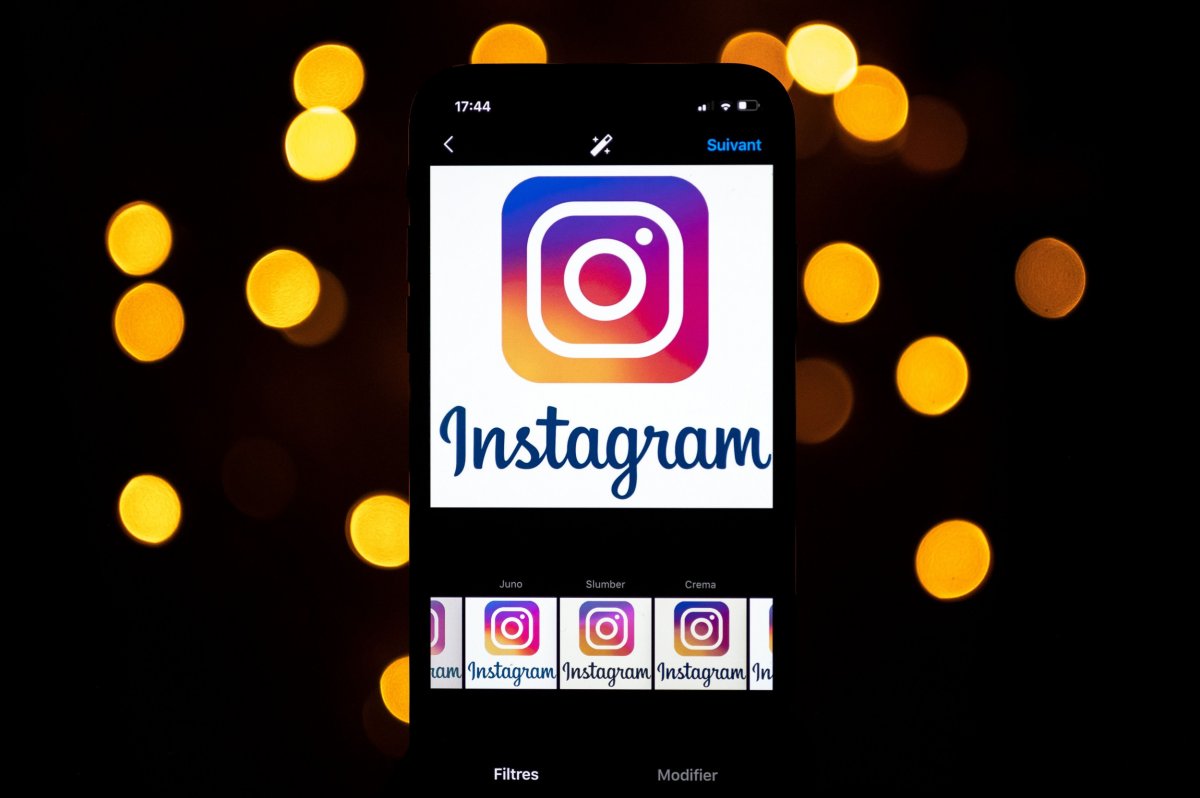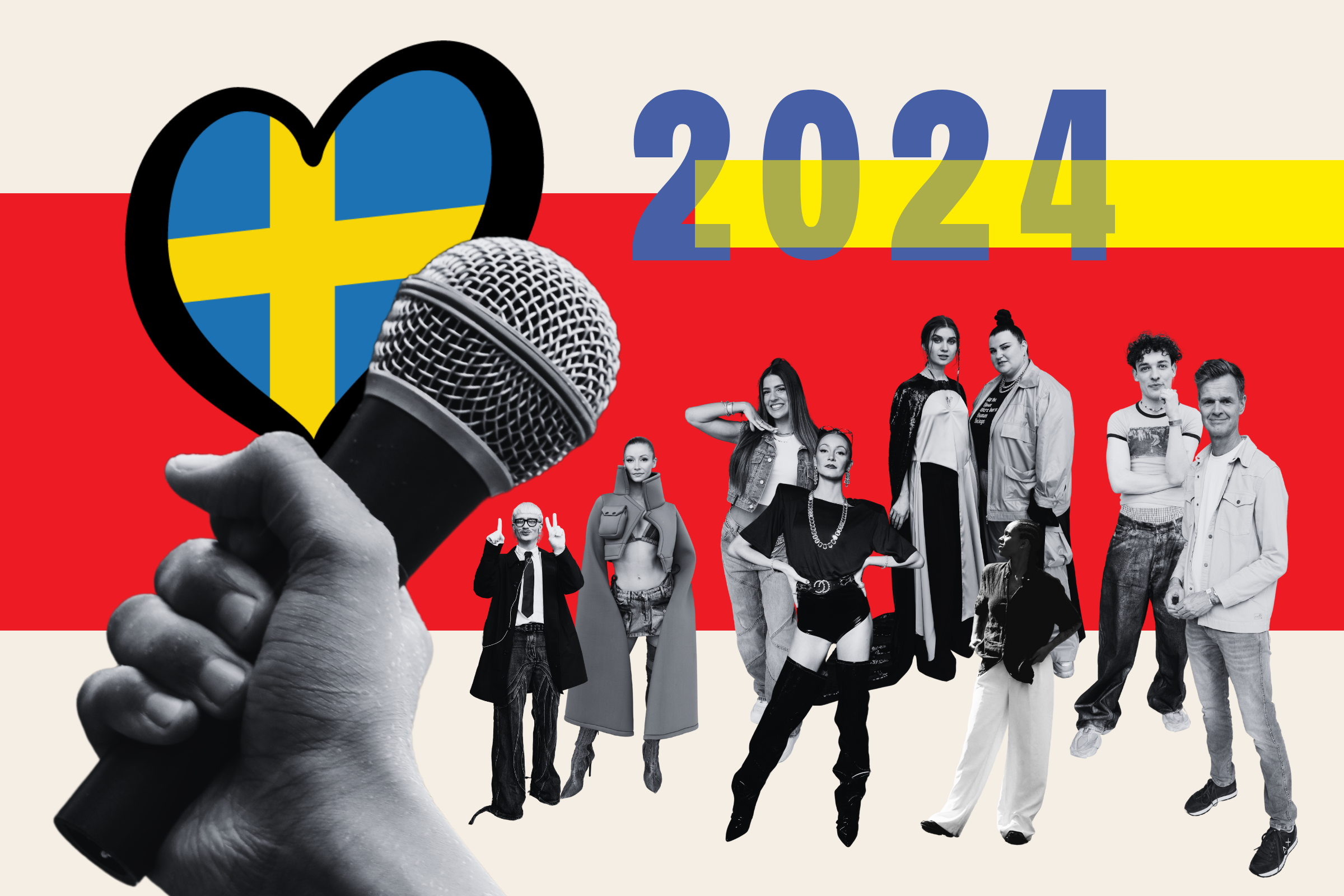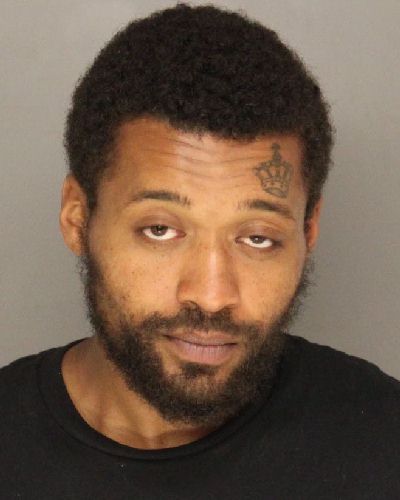In the decade since its launch, Instagram has become one of the most active and exciting social networks that people regularly check not only to see if their loved ones are sharing cute pictures of their dogs or selfies, but also another place on the internet where people can get a glimpse into their favorite celebrities' lives.
While Instagram has become a staple of everyday life for almost everyone on the internet, it's certainly shifted the cultural conversation a number of times in the years that it's been on our smart phones. Whether people are giving their best shot at dancing to a Drake song or trying to see what celebrities have written on each other's profiles, the app has created a place for both interesting and important conversations to begin.
Charles Porch, Instagram's vice president of global partnerships, told Newsweek that besides being a place for celebrities to simply share projects and initiatives with their fans, it's also an app that they use the same way that any of us would, and authenticity is key.
"Instagram has become a place and very quickly over the past 10 years, where pop culture happens, and where new trends emerge," Porch said in a phone call. "And I think it's changed the way we all relate to the things we're most interested in not just our friends and family, but everything from fashion, food, entertainment, sports, music, you name it. It's all there"
The past few months have demonstrated some of the ways that the Gram has become a fixture in our lives both as a resource (as activism on the app has shown, with many people using it to show support for social movements like Black Lives Matter) or just a way for stars to better connect to audiences in a human way by doing things like live streams with conversations or musical performances. Porch explained how the app continues to stay an important fixture in our daily lives.

In your opinion, what have been the biggest cultural moments in Instagram's 10-year history?
There are so many. I can give you some of my favorites that I think really stick out in my mind. There's everything from the first selfie in space, which the astronauts took, which I love. There was the Beyoncé pregnancy announcements. Who could forget the day when she announced that and did a spectacular photo on IG that none of us expected? You might remember it: incredible florals etc. Very iconic image there. Another personal favorite, of course, is the pope joining Instagram, which is something that I worked on personally and was just a small grain of an idea that all of a sudden turned into His Holiness joining Instagram and offering prayer and guidance to people across across the world. To royal baby photos: I remember the first images of baby Archie from [Prince] Harry and Meghan [Markle]. Back in the day, Channing Tatum was the first person to put the first photo of his child up on Instagram rather than putting it in a magazine. And it's amazing to go from that and how cutting edge that was to a royal baby.
One of the trends that I think of on Instagram a lot are "challenges" like the Mannequin Challenge or the In My Feelings challenge. While these are usually created independently by fans or artists, how does Instagram react to those?
We have a team of experts on Instagram and on the internet. We have a curation team. We have a team that actually does editorial and programs the @Instagram account. So they are very eagle eyed, and we very quickly can see when something is going viral on Instagram itself.
The way I personally identify it really quickly is: When you start to see a lot of influencers do it, or a lot of people copy it. And what we'll typically see is something will happen around either a very user creator movement-like one thing that stands out to me is the Floor Is Lava challenge. You see all people playing this game and jumping around their couches, and making it funny, and people doing a lot around that. Then you'll see that grow into more mainstream, all the way to social justice causes [and] movements around Black Lives Matter, where people will do similar posts or challenge one another to post their learning around that. I think you'll see bigger and bigger and bigger people do that.
We'll watch out for those. We'll help promote the ones that are great to people like you. We will also highlight them on the @Instagram account, which is the largest social media account in the world and give a lot of those challenges a little bit of a helping hand and also just recognize what the community has created.
How do you feel that most celebrities use Instagram? Is it mostly a promotional tool? Or do they use it the same way that an average person would?
I see a little bit of both. The trends you're really identifying in here and what I would point out is over the past 10 years, we've really seen a shift in celebrities and notable people really being able to take control of their own narrative and speak directly to their communities. So it's no longer, "I'm going to give someone else this news," but "I'm going to communicate it directly to my fans, but have come around and build a community around and give that really directly." That's been super powerful. So that's what you're seeing.… Over the past 10 years [it has] become more and more common.
What you're touching on here is also the magic of Instagram, right? You see celebrities showing behind the scenes, doing the same challenges you are, sharing their favorite foods, etc. It's like: Celebrities, they're just like us in a lot of ways. But also on top of that, they're able to shine a light on movements that might be really important to them, like racial justice or voting. You can see Lizzo did an amazing video on why people should vote. I would point to something like that.
The magic is: They're actually using it like real people in terms of commenting on each other's posts, and you're seeing all these amazing interactions. If you have not checked out Comments by Celebs, it's one of my favorite accounts that really highlights the actual interactions that people are having. And then people also meet on DM and date and get married. I've heard celebrity stories. I think Joe Jonas and Sophie Turner actually officially met on DM, and now, they're married, and they just had a baby. There are happy endings like that for everyone.
But of course, these people are influential. They do have projects. They are using it promotionally as well. They're making money off of branded content and ads, but at the core, what makes it good is that they're using it authentically and that's key to a great Instagram account.
We're all well aware that with social media fans have never been closer to celebrities. How do you think that Instagram changes the fan-celebrity dynamic?
At a high level, I think it really brings fans closer to their favorite people, and I think there's there's a lot of ways to do that. So I think that there's a whole generation of people that are really used to this. We have a generation of people that have grown up with Instagram in their pocket, and especially a generation of performers like Zendaya, for example, who just won an Emmy, who grew up with Instagram and is a master at using it, and her fans are used to that experience and used to that kind of connection, which is awesome to see. She's going at it.
On the flip side, but what's been really exciting to see is—I never thought I'd see this—is the legends coming on Instagram, and making a lot of that behavior really mainstream on their own terms, of course.
I think about Jen Aniston who broke Instagram that day—never forget—because so many people tried to follow her. I never thought I'd see the day Diane Keaton would be doing tours of her closet and talking about her iconic fashion and really giving fans a glimpse into that. On my on my earliest days at Instagram, I never thought we'd see that range. And it's so interesting to see, those two worlds come together, fans be brought closer to the people they care about, and really all those celebrities being able to tell their story on their own terms.
I feel like we see even more now with COVID and quarantine, because everyone's staying home and watching a celebrity go on Instagram Live and seeing them wait for a second or trying to figure it out. It's endearing.
Yeah, it's really endearing and just the creativity. Miley Cyrus, she had a talk show during the first lockdown: how bright minded! She had Selena Gomez on. She had Elizabeth Warren on. It was just this incredible list of guest stars that I guess any late night host would dream about. Right? To just see her do that from her house and make it accessible and not overly produced was super cool. That was one of the the nice things to see come out of that, and you also see their real life friendships reflected in that, right? Because if people are DMing each other and saying, "Hey, come on, let's do a live." And it's really cool to see it come to fruition.
More generally, how do you feel Insta has affected the way that we as a public interact with each other?
Instagram has a become a place very quickly over the past 10 years, where pop culture happens, and where new trends emerge. I think it's changed the way we all relate to the things we're most interested in, not just our friends and family, but everything from fashion, food, entertainment, sports, music, you name it. It's all there. It's where pop culture is happening, no matter how big the account or how niche.
I think it's brought people a lot closer around the things they care about. And I think if you think about how you use Instagram, think about how often you DM something to a friend, whether it's the coolest dish at a restaurant in Bangkok that you want to go to on your vacation to a really cute pug to like the fact that Miley Cyrus might be saying she's dropping a new album [or] a new song the next day, and the way you're sharing and connecting around the biggest things happening in pop culture, and the things you care about, and how that craves kind of stronger relationships between people and as far as the conversation.
Especially in the past few months, we've seen so much active activism on Instagram, notably back in June, the biggest example is when everyone posted black squares and solidarity with the Black Lives Matter movement. In what ways do you see people being creative and inventive to bring about social change and awareness on the app?
So at the top line, just the amount of exposure on issues has been incredible to see and to be able, for example, to hear from everyone from Viola Davis to Beyoncé on racial justice. They're being able to spread the word and spread experiences, and tell those stories has been unbelievable to see.
The creativity around programs like Share the Mic, having white women hand over their Instagram accounts, to black women to help tell their stories and raise awareness on racial justice. That kind of creativity, and storytelling has been really cool to see. You also seeing people do live shows. There's a really cool up-and-coming comedian named Ziwe Fumudoh. She is a comedian, but she's also doing these really cool Lives, talking about racial justice. She had Alyssa Milano on just the other day. They probably met on Instagram. Helping people actually show that and tell those stories and watching a new generation of people come up and tell all this have been really exciting.
The other thing we also did is, especially during COVID, is we added a bunch of new fundraising tools. You're seeing people being able to fundraise not just in live, but in their stories as well. So people being able to raise money for these causes as well has been really huge, but super inspired to see how the community has reacted and how that creativity has come through.
This interview has been edited for length and clarity.
Uncommon Knowledge
Newsweek is committed to challenging conventional wisdom and finding connections in the search for common ground.
Newsweek is committed to challenging conventional wisdom and finding connections in the search for common ground.
About the writer
To read how Newsweek uses AI as a newsroom tool, Click here.






